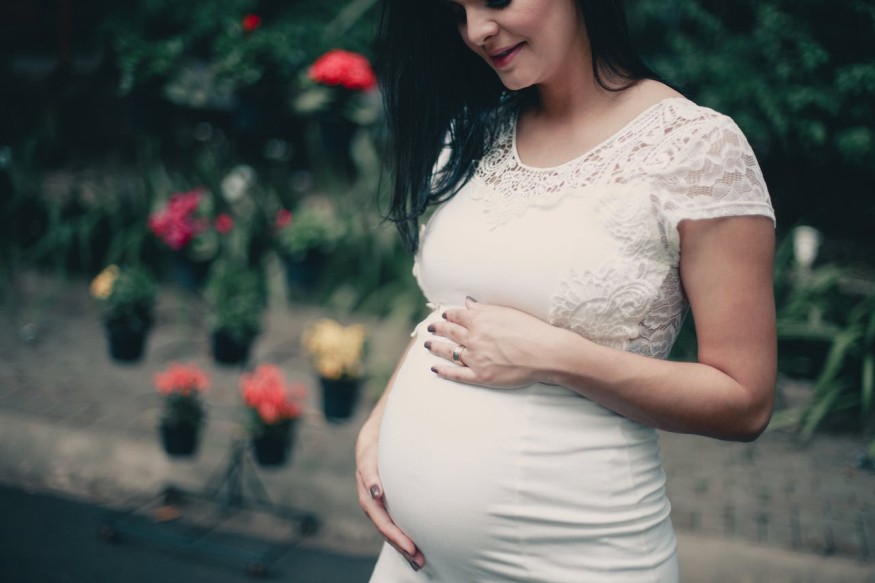
Some pregnant women may receive compliments stating that they look like they're glowing. As a matter of fact, this is actually true to pregnancy.
Pregnancy Glow Causes
Centuries-old stories claim that pregnancy glow is due to happiness or even baby sex. However, while excitement and happiness can be truly experienced during pregnancy, there are actually several possible medical explanations for this phenomenon.
This pregnancy glow is mainly linked to blood flow and hormone fluctuations, but it can also be attributed to other factors.
For one, during pregnancy, more blood is produced by the body. This is due to the higher blood supply needed by the uterus and other crucial organs in order to support the fetus growing in the womb. This blood volume increase leads to blood vessel dilation, which can give the skin a flushed look.
On top of this, hormone fluctuations also take place during pregnancy and may result in a pregnancy glow. During pregnancy, the increased quantities of hormones released could make the skin appear flushed. These hormones may include progesterone, human chorionic gonadotropin, and estrogen.
For some pregnant women, their sebum glands produce more oil due to hormone fluctuations. Not to mention, an increase in blood volume can also increase oil secretion. This could be the case, especially for those who have oily or combination skin. This could also lead to some side effects, including acne.
Moreover, women may also feel hotter during pregnancy. On top of dealing with hormones, women have to bear the extra weight that could lead to body temperature increases. This could lead to hot flashes or heat rashes, which could both add a glowing effect to the skin.
However, for individuals with preexisting skin conditions, these could get worse during pregnancy. Due to hormone fluctuations and increased blood flow, the affected skin could get more red and appear more noticeable. At times, this could be mistaken as a pregnancy glow.
When Does Pregnancy Glow Start?
Experiencing a pregnancy glow does not come with a specified time frame. However, the likelihood of experiencing this glow is higher when the body experiences the height of its changes. This is especially true during the second trimester of pregnancy.
After one gives birth, pregnancy glows, and its underlying causes go away. The skin does not experience permanent changes from it.
Moreover, though every woman may naturally experience hormone fluctuations due to pregnancy, not everyone experiences a pregnancy glow. In cases where one does not experience it, this may indicate that the woman's skin may have a different reaction to what is going on within the body.
Read also: Organ Displacement During Pregnancy: How Does a Woman's Body Shift To Make Room For a Growing Baby?
Check out more news and information on Medicine & Health in Science Times.












